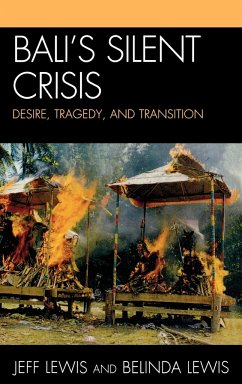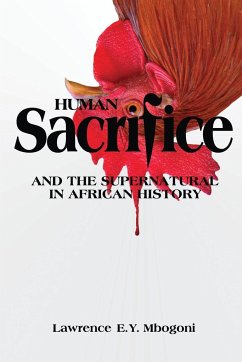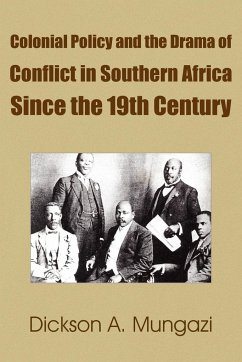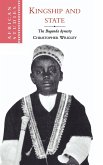Bali and Balinese culture have become central to western imaginings of 'the east.' Along with its natural beauty and tropical sensuality, Bali's rich and complex culture has proved intensely alluring for western artists, scholars, and travelers. However, as this aesthetic imagining and desire for beauty have evolved into a mass tourism industry, the island people and their culture have experienced radical and rapid transformation. While many in the international community were stunned by the horror of the militant bombings in 2002 and 2005, these attacks were merely the apex of a profound and ongoing crisis which resonates through the period of Bali's modernization and engagement with the global economy of pleasure. Bali's Silent Crisis examines and elucidates the complex cultural and political environment of contemporary Bali. The book explains the conditions of crisis in Bali in terms of a powerful collision of cultural elements and trends, focusing specifically on the double matrix of 'desire' and 'violence' that has characterized Bali's recent past. Moving beyond a simple opposition between 'tradition' and 'the modern', this book reveals a society that is struggling to reconcile its own profound aesthetic and sense of historical identity with the intense agonisms that are generated through rapid social and cultural change. Through its thematic approach, Bali's Silent Crisis presents an image of community trauma, creative resilience and pluralization. The book records the challenges and horrors associated with transition, as well as the formidable beauty that remains intrinsic to the island's sense of cultural destiny.








